Difference Between Stand-Alone Operating Systems And Server Operating Systems
Summary: Find the Difference Between Stand-Alone Operating Systems And Server Operating Systems by yourself after reading the below article. A stand-alone operating system is a complete operating system that works on a desktop computer, notebook computer, or mobile computing device. A server operating system is an operating system that is designed specifically to support a network.
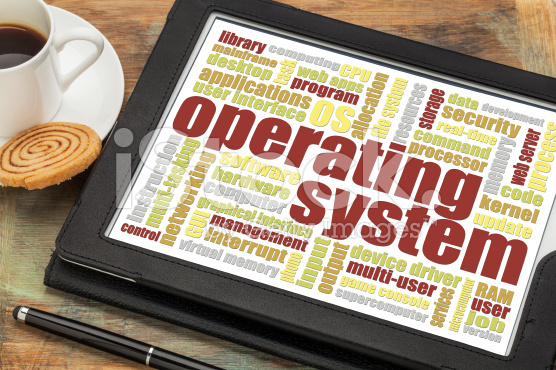
Stand-Alone Operating Systems:
A stand-alone operating system is a complete operating system that works on a desktop computer, notebook computer, or mobile computing device. Some stand-alone operating systems are called client operating systems because they also work in conjunction with a server operating system. Client operating systems can operate with or without a network. Other standalone operating systems include networking capabilities, allowing the home and small business user to set up a small network. Examples of currently used stand-alone operating systems are Windows 7, Mac OS X, UNIX, and Linux.
Server Operating Systems:
A server operating system is an operating system that is designed specifically to support a network. A server operating system typically resides on a server. The client computers on the network rely on the server(s) for resources. Many of the stand-alone operating systems discussed in the previous section function as clients and work in conjunction with a server operating system. Some of these stand-alone operating systems do include networking capability; however, server operating systems are designed specifically to support all sizes of networks, including medium- to large-sized businesses and Web servers.
Following are examples of server operating systems:
- Windows Server 2008 is an upgrade to Windows Server 2003.
- UNIX and Linux often are called multipurpose operating systems because they are both stand-alone and server operating systems.
- Solaris, a version of UNIX developed by Sun Microsystems, is a server operating system designed specifically for e-commerce applications.
- Novell’s NetWare is a server operating system designed for client/server networks.
More Confusing Differences:
Difference Between Samsung Galaxy S7 and Note 5
Difference Between LCD and LED
Difference Between Word Processing and Data Processing


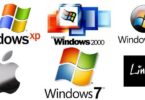
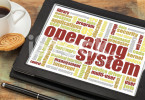
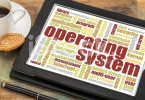

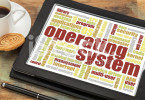
Leave a Comment
You must be logged in to post a comment.